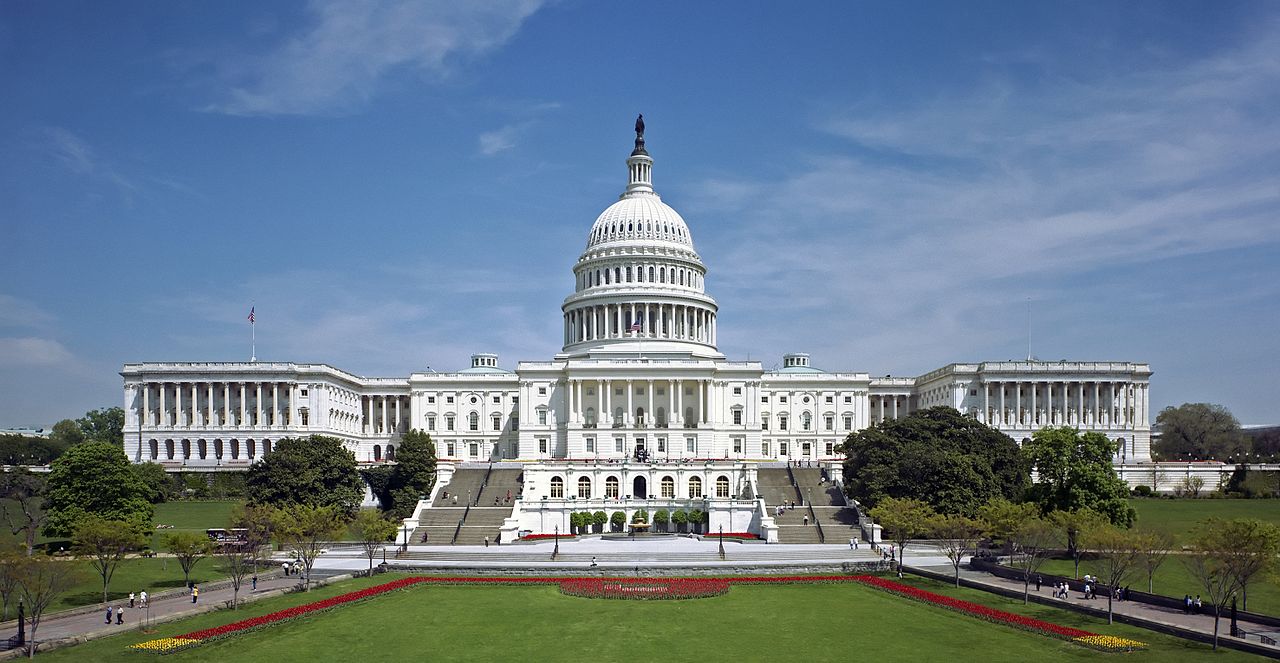On Monday, California Governor Jerry Brown signed a bill into law making it possible for medical marijuana patients to receive organ transplants. This law, called the Medical Cannabis Organ Transplant Act, protects patients from discrimination as they go through the process of receiving an organ transplant.
The law’s enactment makes California the seventh state to provide such protections to patients, which Americans for Safe Access calls a “big victory in the fight to end discrimination against medical cannabis patients in California.”
Though medical marijuana has been legal in California since 1996, testing positive for cannabis use can get a patient removed from the organ transplant waiting list, which can have life-or-death consequences. Today, medical marijuana is legal in almost half of U.S. states, but most of these do not have statewide protections against this form of discrimination.
California State Representative Marc Levine, who introduced the Medical Cannabis Organ Transplant Act, lamented the tragic implications of routinely denying organ transplants to medical marijuana patients:
“Arcane public health policies treat medical cannabis patients as drug abusers,” Levine said in a statement. “As a result patients are often denied a life-saving organ transplant solely because they are prescribed medical cannabis. Many of these patients have died after being denied an organ transplant.”
In part due to marijuana’s illegality under federal law, national medical organizations have avoided the issue of organ transplant discrimination as it pertains to medical marijuana. As Vice News reports:
As more states legalize medical marijuana, there are no guidelines or resolutions from the American Medical Association or the American Society of Transplant Surgeons regarding the issue as it relates to organ donation.
Anjuli Verma, writing for the American Civil Liberties Union, describes the issue as a failure of the United States’ “absurd” federal policy regarding medical marijuana:
The conflict between state medical marijuana laws and the federal government’s stubborn and senseless devotion to all-out prohibition should not be allowed to claim another life of the hundreds of thousands of patients across the country who rely on medical marijuana to ease their suffering.
(via ACLU)








